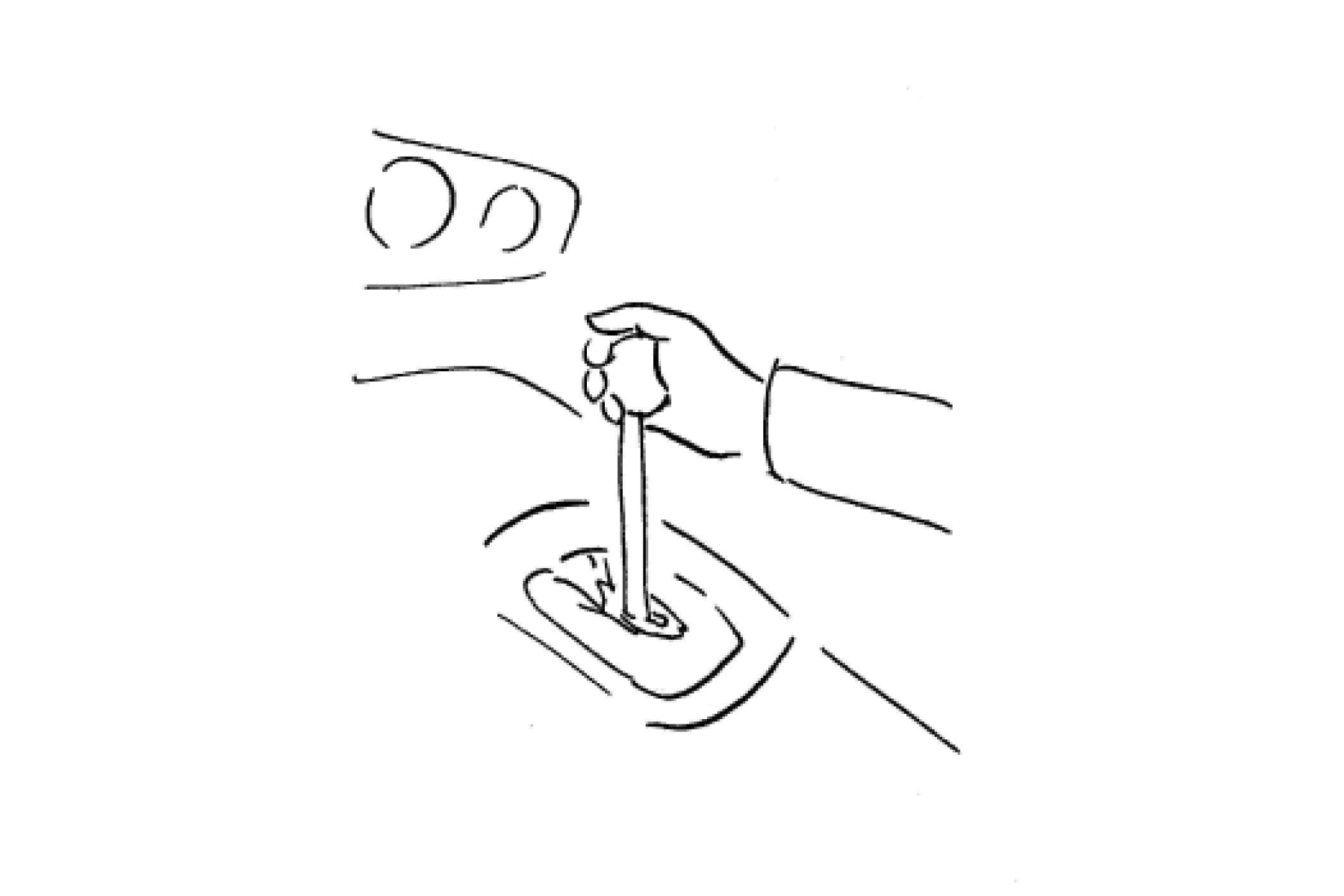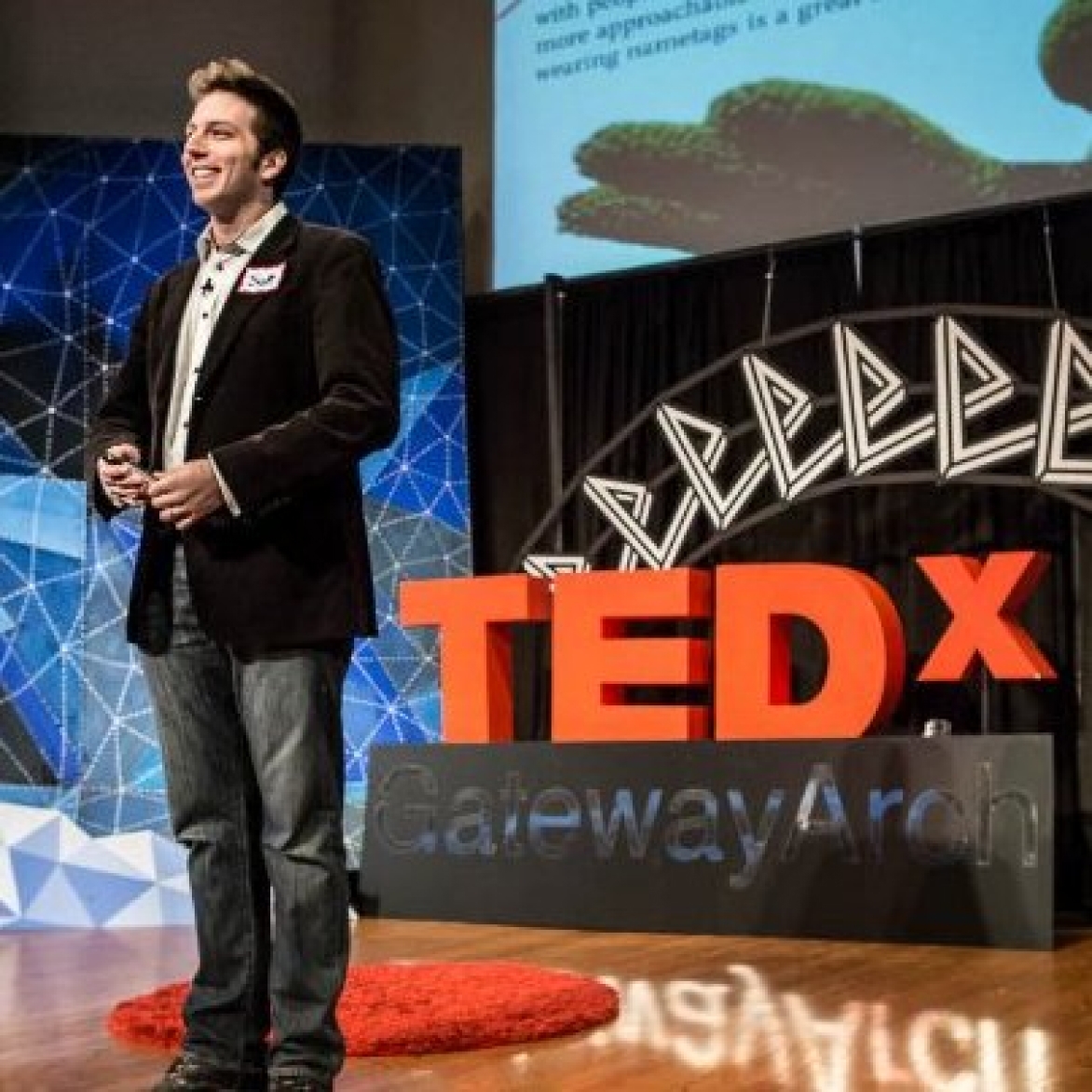
The Context
Peripheral creation is any secondary activity of your creative process that involves more speed and less skill. It’s operational and administrative work like editing, curating, researching, formatting, networking and billing. All of which is still important to the creative enterprise, but it’s not the central function. The artist isn’t generating economic value. Imagine a waitress who reaches the end of her shift. There’s still another hour on the clock, but the dining room is empty. And so, she busies herself with sidewalk like rolling silverware, cleaning floors, refilling condiments and wiping menus. Necessary work. Sure makes the restaurant look nice, and sure makes tomorrow’s breakfast shift happier. But it’s still peripheral creation. Principle creation, on the other hand, is the primary work unit of the creative process that requires focus and craft. Respectively, it’s putting words on paper, clicking a shutter, coloring a canvas, throwing a pot or composing music for an opera. This is the backbone of what it means to be prolific. If you aren’t spending your time on principal creation, you’re not creating, you’re hiding. You’re stalling.
The Tool
Upshifting
UPSHIFTING — Making an intentional transition from peripheral creation to principal creation
Have you or your team ever used a task management system that created more work than it saved? Have you ever installed a tool that caused more problems than it solved? It’s the great paradox of prolificacy. And in fact, the multibillion dollar productivity industrial complex talks a big game about how much time and stress these products and services save creative professionals. But it’s quite the opposite. It’s just more noise. More distractions, more things to keep up with. Every week there’s a new app, platform or tool anointed as the be all end all for getting inspiration, speaking ideas, managing tasks, making lists and training your brain. Doesn’t mean these products aren’t wonderful and shouldn’t exist. The danger is when we spend too much time using them, and convince ourselves we’re doing important work. When in reality, we’re merely trick ourselves into thinking it’s important.

Scott's Take
Some of the best advice my mentor gave me. Stop planning and just write. There may be a mountain of researching and ritualizing and gathering inspiration and taking notes and organizing material to be done. But at a certain point, you have to upshift from peripheral to principal. Otherwise you’ll inspire yourself into paralysis. Before you load up your phone with a bunch of productivity and creativity apps, ask yourself if these seemingly efficient systems might makes things harder on you.
The Rest
Remember, our job as artists, hell, as humans, is to create fewer and fewer unnecessary pressures and stressors for ourselves. That way we can relax into doing what we do best, which is making things. How do you know when it’s time to upshift?
The Benefits
`